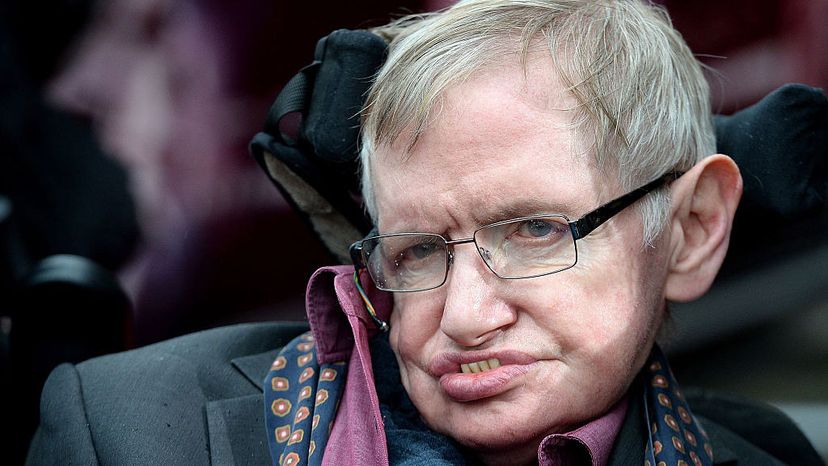physicist stephen hawking
Stephen Hawking
Stephen William Hawking was a renowned English theoretical physicist, cosmologist, and author. Born on January 8, 1942, he made significant contributions to the field of theoretical physics. Hawking served as the director of research at the Centre for Theoretical Cosmology at the University of Cambridge.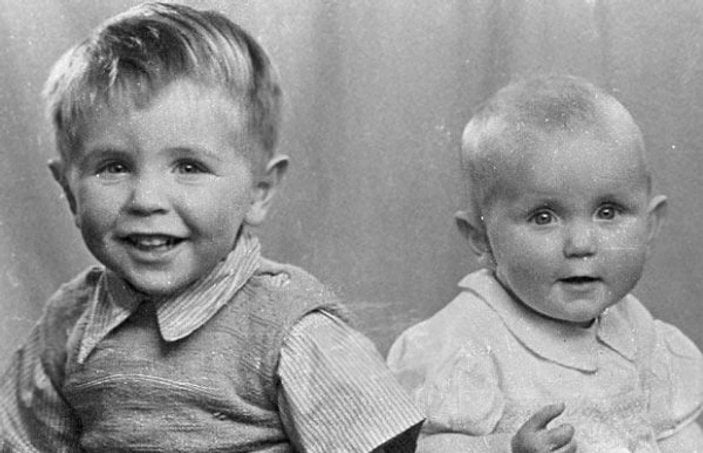
His academic career included a distinguished tenure as the Lucasian Professor of Mathematics at the University of Cambridge from 1979 to 2009. The Lucasian Professorship is considered one of the most prestigious academic positions globally. Hawking's groundbreaking work, particularly in the study of black holes and the nature of the universe, earned him widespread recognition and acclaim in the scientific community. He passed away on March 14, 2018, leaving a lasting legacy in the field of theoretical physics.
Stephen Hawking was born in Oxford to a family with a background in medicine. He commenced his university education at the age of 17 in October 1959 at University College, Oxford. There, he achieved a first-class BA degree in physics. Subsequently, in October 1962, he began his graduate studies at Trinity Hall, Cambridge. In March 1966, he successfully obtained his Ph.D. degree in applied mathematics and theoretical physics, with a specialization in general relativity and cosmology. This marked the beginning of his academic journey and his significant contributions to the understanding of the universe.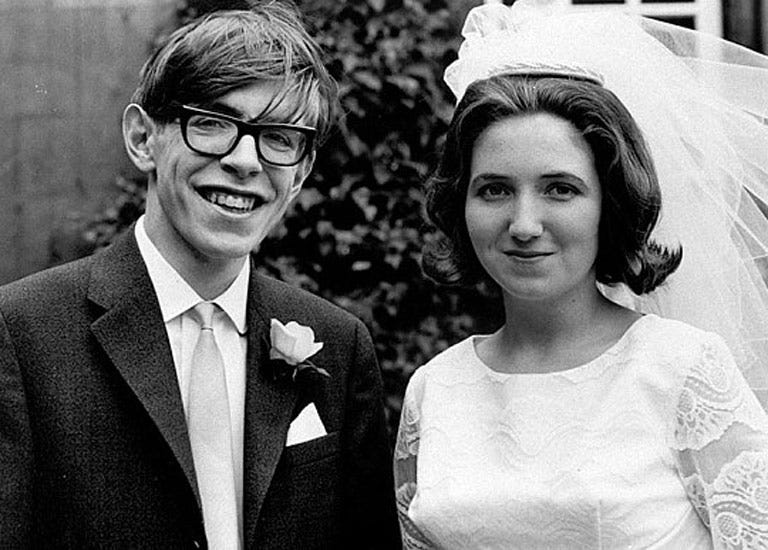
In 1963, at the age of 21, Stephen Hawking received a diagnosis of an early-onset, slow-progressing form of motor neurone disease (also known as amyotrophic lateral sclerosis or ALS). Over the following decades, the disease gradually paralyzed him. Despite the challenges posed by his physical condition, Hawking continued his groundbreaking work in theoretical physics.
As the disease progressed, he lost his ability to speak. However, he adopted various means of communication to overcome this limitation. Initially, he used a speech-generating device controlled by a handheld switch. Eventually, as his condition worsened, he communicated using a single cheek muscle to operate his speech-generating device. Hawking's determination and resilience in the face of physical adversity became an inspiration to many, and his contributions to science continued to have a profound impact.
Stephen Hawking made significant contributions to theoretical physics, and his collaborations and individual research have had a profound impact on the field. Some of his notable scientific achievements include:
- Gravitational Singularity Theorems: Hawking collaborated with Roger Penrose on the development of gravitational singularity theorems within the framework of general relativity. These theorems explored the nature of singularities in the fabric of spacetime, providing important insights into the behavior of black holes.
- Hawking Radiation: Perhaps one of his most famous contributions, Hawking, in the mid-1970s, theoretically predicted that black holes could emit radiation, now widely known as Hawking radiation. Initially met with controversy, subsequent research and evidence solidified this discovery as a groundbreaking concept in physics. Hawking radiation suggested that black holes are not entirely black but can emit particles and energy over time, ultimately leading to their potential evaporation.
- Unified Theory of Cosmology: Hawking was a pioneer in proposing a theoretical framework that aimed to unite the general theory of relativity with quantum mechanics. His efforts to develop a theory of cosmology that integrated these two fundamental aspects of physics were groundbreaking and contributed to ongoing research in the field.
- Advocacy for Many-Worlds Interpretation: Hawking was a proponent of the many-worlds interpretation of quantum mechanics. This interpretation posits that all possible outcomes of a quantum event actually occur in separate, parallel universes. While this interpretation is one among several in the realm of quantum mechanics, Hawking was an advocate for its consideration.
Stephen Hawking's work not only advanced our understanding of the universe but also inspired generations of scientists and the general public. His ability to communicate complex scientific ideas and theories to a broader audience contributed to his status as one of the most influential scientists of his time.
Family
Stephen Hawking was born on January 8, 1942, in Oxford, to parents Frank and Isobel Eileen Hawking (née Walker). His mother hailed from a family of doctors in Glasgow, Scotland. Despite facing financial challenges, both of Hawking's parents attended the University of Oxford. His father, Frank, studied medicine, while his mother, Isobel, studied Philosophy, Politics, and Economics. Isobel later worked as a secretary for a medical research institute, and Frank pursued a career as a medical researcher.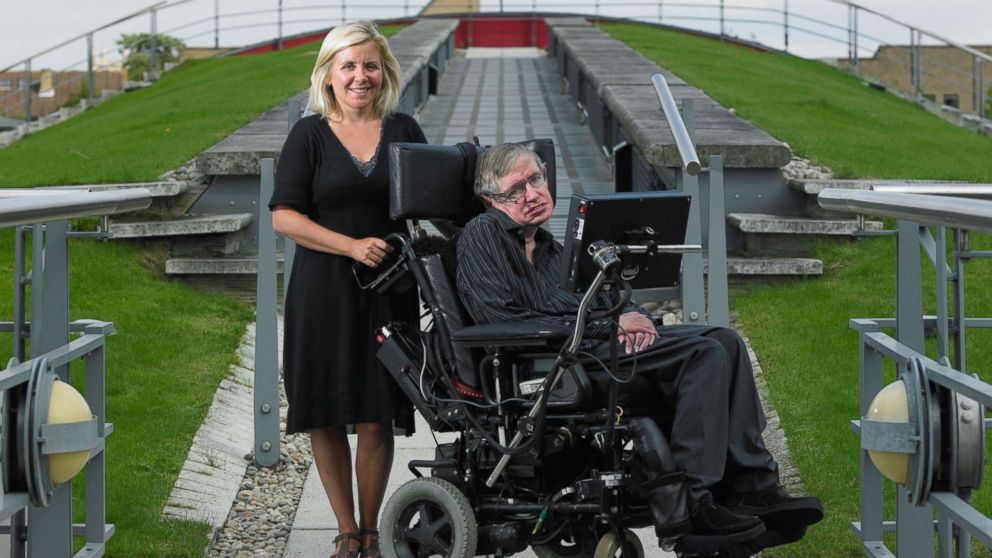
Hawking's family history included a paternal great-grandfather from Yorkshire who faced financial difficulties during the agricultural depression of the early 20th century. Despite this hardship, Hawking's paternal great-grandmother managed to save the family from financial ruin by establishing a school in their home.
Stephen Hawking had two younger sisters, Philippa and Mary, and an adopted brother named Edward Frank David (1955–2003). The influence of his family, particularly the academic background of his parents, played a role in shaping Hawking's intellectual curiosity and pursuit of knowledge from an early age.
In late 2006, Stephen Hawking shared in a BBC interview that one of his greatest unfulfilled desires was to travel to space. In response to this revelation, Richard Branson, the founder of Virgin Galactic, offered him a free flight into space, an offer that Hawking promptly accepted. Beyond personal ambition, his motivation included a desire to generate public interest in spaceflight and demonstrate the potential of individuals with disabilities.
On April 26, 2007, Stephen Hawking had the opportunity to experience weightlessness. He flew aboard a specially-modified Boeing 727–200 jet operated by Zero-G Corp off the coast of Florida. The flight involved eight parabolic arcs, providing a simulated experience of weightlessness. Contrary to fears that the maneuvers might cause discomfort, the flight was deemed successful in testing Hawking's ability to withstand the g-forces associated with space flight.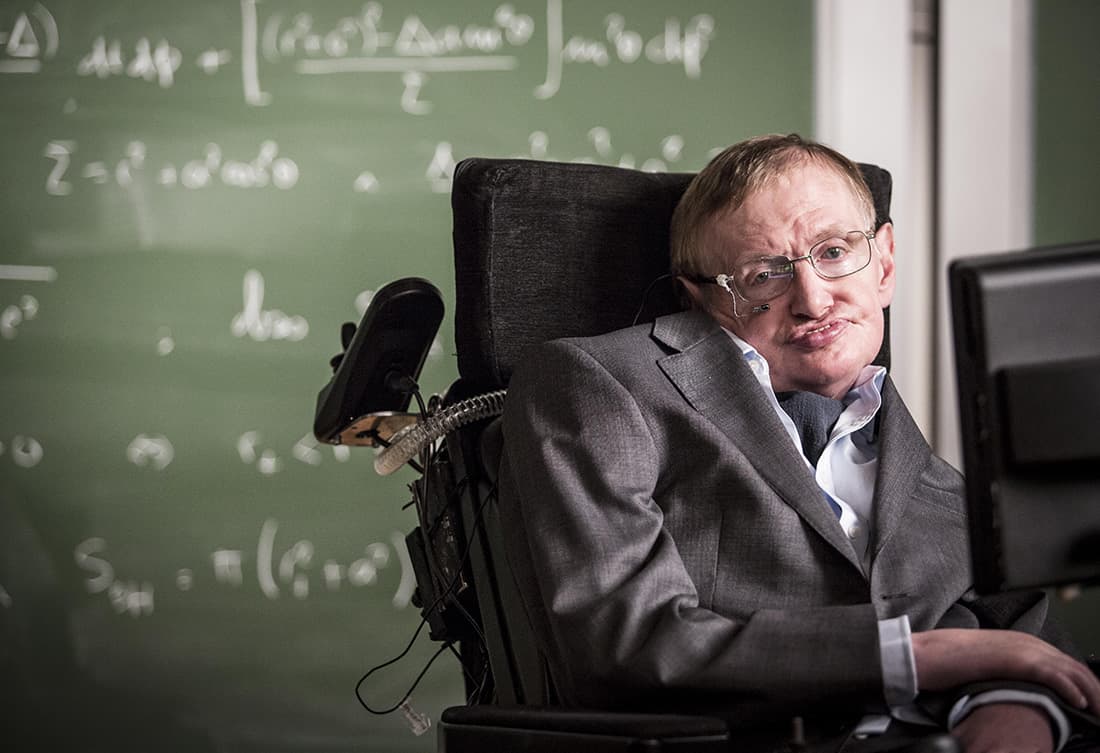
At the time of the flight, there were projections that Stephen Hawking's actual trip to space might occur as early as 2009. However, commercial spaceflights did not commence before his passing in 2018, and he did not have the opportunity to fulfill his dream of traveling into space. The episode remains a poignant testament to his indomitable spirit and the pursuit of scientific curiosity.
Popular books
- A Brief History of Time (1988): This book, perhaps his most famous, provides an overview of cosmology, black holes, and the nature of the universe. It remained on the Sunday Times bestseller list for an extraordinary 237 weeks.
- Black Holes and Baby Universes and Other Essays (1993): This collection of essays delves into various topics, including black holes, the nature of time, and the origins of the universe.
- The Universe in a Nutshell (2001): Building on the themes explored in "A Brief History of Time," this book delves into the complexities of modern theoretical physics, presenting them in a more visual and accessible format.
- On the Shoulders of Giants (2002): In this work, Hawking explores the writings of some of the greatest scientific minds in history, offering insights into their contributions and the evolution of scientific thought.
- God Created the Integers: The Mathematical Breakthroughs That Changed History (2005): This anthology gathers key mathematical works by influential figures, including commentary by Hawking, providing historical context and insights into the significance of these breakthroughs.
- The Dreams That Stuff Is Made of: The Most Astounding Papers of Quantum Physics and How They Shook the Scientific World (2011): This book compiles significant papers in quantum physics, accompanied by Hawking's commentary, offering readers a glimpse into the foundational work in this field.
- My Brief History (2013): This memoir provides a personal account of Hawking's life, his scientific journey, and the challenges he faced, offering readers a glimpse into the man behind the scientific icon.
- Brief Answers to the Big Questions (2018): Published posthumously, this book addresses fundamental questions about the universe, artificial intelligence, the future of humanity, and more. It serves as a culmination of Hawking's thoughts on pressing issues and his reflections on the state of science.

References
- Stephen Hawking at the Mathematics Genealogy Project
- ^ Jump up to:
- a b Ferguson 2011, p. 29.
- ^ Allen, Bruce (1983). Vacuum energy and general relativity (PhD thesis). University of Cambridge. Archived from the original on 25 January 2016. Retrieved 5 February 2014.
- ^ Bousso, Raphael (1997). Pair creation of black holes in cosmology (PhD thesis). University of Cambridge. Archived from the original on 25 January 2016. Retrieved 5 February 2014.
- ^ Carr, Bernard John (1976). Primordial black holes (PhD thesis). University of Cambridge. Archived from the original on 25 January 2016. Retrieved 5 February 2014.

